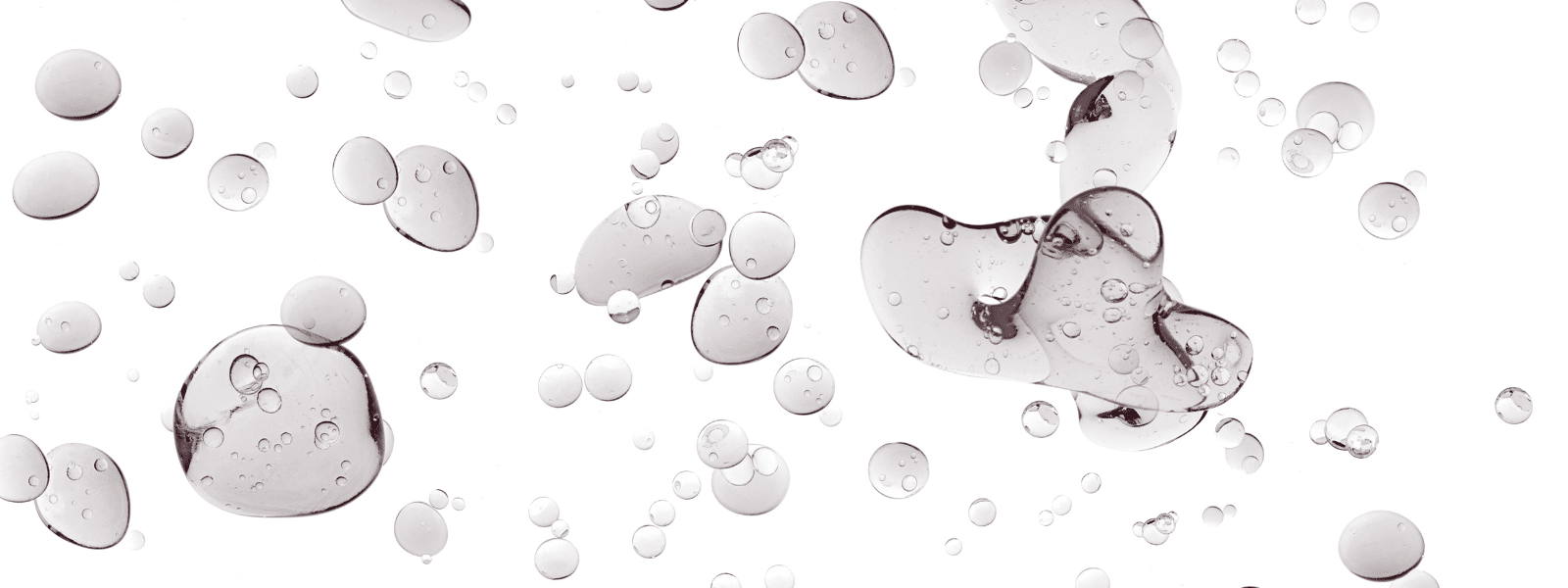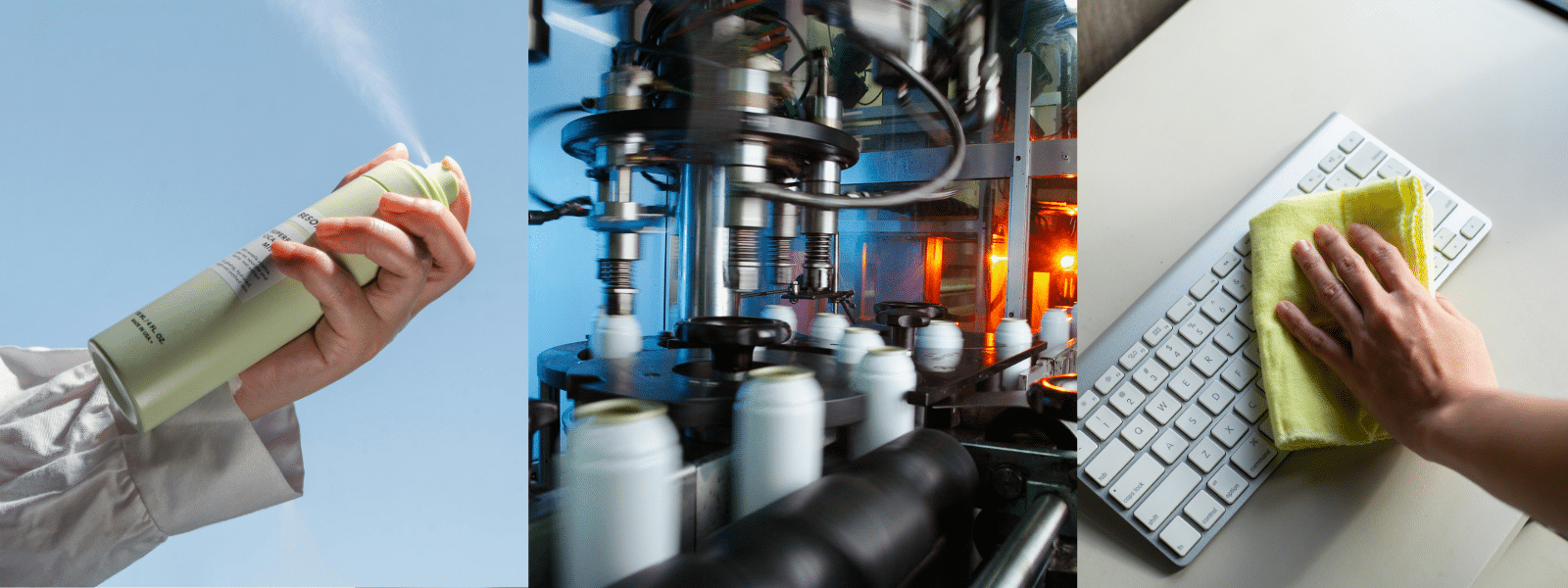What Is MEK?
MEK–also known as Methyl Ethyl Ketone or 2-Butanone–is a solvent similar in structure to acetone.
MEK Common Applications
MEK is a solvent that is often applied as an industrial cleaner. It is utilized in the manufacturing of plastic, textiles, and paraffin wax. MEK can be found in certain glues, dry-erase markers, and vinyl film and is also used in varnish, lacquer, and paint removers. It is a component of the adhesive commonly used to form polyvinyl chloride or PVC pipes and is used in the production of lubrication oils, and magnetic tape.
Naturally Occurring MEK
A little known fact about Methyl Ethyl Ketone is that it is a naturally occurring component of some food products including apple juice, beans, chicken, and honey.
Methyl Ketones are very commonly found in dairy products such as milk, butter, and cheese. In their natural form they are alkanoic acids, and once heated they transform into methyl ketones.
Methyl Ketones in dairy greatly contributes to natural flavors in many heated or cooked food products that contain butter.
MEK is also produced naturally by some trees, bacteria and seaweeds.
Methyl Ethyl Ketone is naturally produced in the tobacco plant, and is therefore a byproduct of tobacco smoke.
Safe Use of MEK
The levels of MEK that are present in plants and some foods are not enough to be harmful.
It is not advised to ingest larger quantities of MEK than are naturally found in food substances, because it has a chance to cause inflammation of the mouth and an upset stomach. Inhalation, ingestion, or skin contact for a prolonged period of time can cause dizziness, headache, slurred speech, low body temperature, drowsiness, and coma.
Eye contact can cause irritation and redness.
Serious eye contact can cause permanent damage.
MEK is not only harmful to inhale; it is most harmful to the environment as an air pollutant.
This environmental and safety hazard is why MEK is ideally used in a well-ventilated area.
Safe Handling of MEK
- Do not use MEK around any ignition sources, as it is highly flammable.
- Air mixtures of MEK are explosive.
- Store separately from strong oxidants and acids.
- Store in a cool, dry area.
- Use only in a well-ventilated area.
- Wash hands thoroughly after use.
If you would like to purchase Methyl Ethyl Ketone please call (800)-563-1305 or shop online here.
















